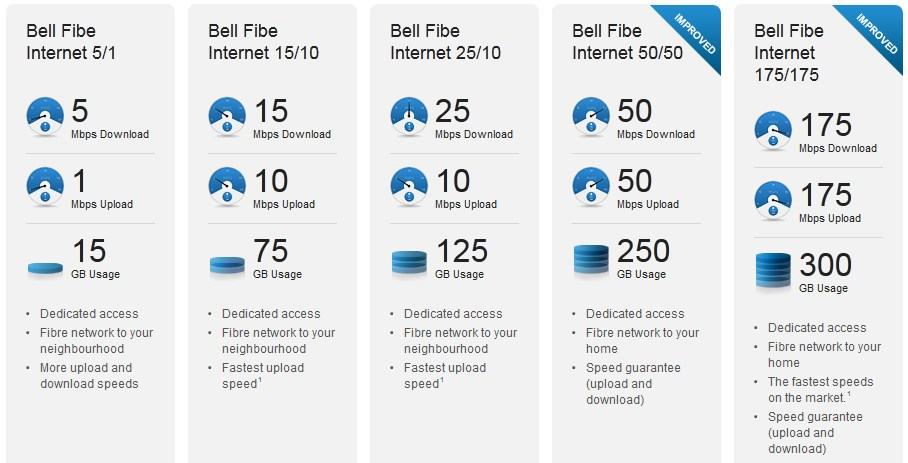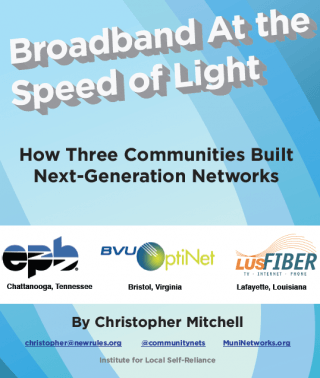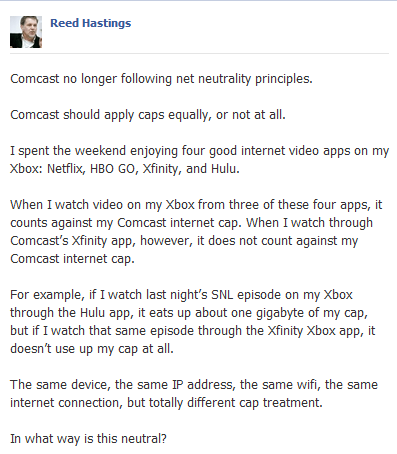 After intense lobbying, wireless phone companies won a significant reprieve from the watered-down 2010 Net Neutrality policies introduced by Federal Communications Commission chairman Julius Genachowski.
After intense lobbying, wireless phone companies won a significant reprieve from the watered-down 2010 Net Neutrality policies introduced by Federal Communications Commission chairman Julius Genachowski.
Now some of America’s largest cell phone companies are considering plans that would offer special “toll-free” access to favored partners’ content, while leaving everyone else subject to the companies’ usage capped data plans.
Much of the discussion about exempting certain content from data allowances is taking place at this week’s CTIA Wireless trade show in New Orleans.
Some highlights:
- T-Mobile USA is planning to expand video streaming services offered to subscribers, but with a twist. Content creators could pay to have their shows streamed to customers, and in turn, T-Mobile would not charge that traffic against the customer’s monthly usage allowance. Whether T-Mobile would maintain an ownership interest in the content is unknown, but “preferred partners” would receive exceptional visibility through aggressive promotional campaigns T-Mobile would launch. So would T-Mobile, which plans advertising and promotional messages inside that content;
- Verizon Wireless said it was looking to create “toll-free” data services that would be subsidized by content providers. Video, games, and even apps could be promoted to consumers as “data usage”-free, meaning it won’t count against your monthly usage allowance. But Verizon recognizes the concept would be controversial and run afoul of Net Neutrality concerns.
- AT&T has already signaled its interest in creating a “content-provider-pays” model where users get free access to content if content providers pay AT&T’s traffic charges.
All three carriers earlier abandoned all-you-can-eat flat rate data plans, and Net Neutrality proponents claim these latest moves are attempts by wireless phone companies to further monetize data traffic.
The Wall Street Journal reports the plans, in some cases, fly in the face of rhetoric about spectrum shortages and a wireless data traffic crisis (underlining ours):
T-Mobile’s Mr. Duea said the goal of new video offerings that don’t count against data plans would be to get customers interested in consuming more data, and set T-Mobile’s plans apart from those of other carriers.

"Data floods" and "spectrum shortages" don't stop T-Mobile.
Current FCC Net Neutrality rules require wireless carriers to not block competing services from companies like Skype and Google, nor censor content. Both Verizon and MetroPCS are challenging those rules in federal court. But wireless carriers are already exempt from giving preferential treatment to certain types of data or traffic, which opens the door to “toll-free” data services.
Net Neutrality supporters believe these practices will uneven the playing field for content creators and innovative new online start-ups, who may not be able to afford the prices carriers charge for first class treatment. It also influences consumer decision-making by encouraging customers to use the “toll-free” services to preserve their monthly data allowance.
Companies like Ericsson and Cisco have plans to market technology that will allow carriers to divide up data traffic into different traffic lanes, some fast and free to use, others subject to a customer’s monthly data allowance, and certain undesirable traffic shunted to low priority slow lanes.
A Verizon Wireless executive ironically blamed the need for “toll-free” pricing partly on the wireless industry itself, which has almost universally abandoned unlimited data plans.
“As we move away from flat rate pricing, there is room for an 1-800-type of service where certain destinations could offset the cost of the network to get customers to those destinations,” said Verizon’s chief technology officer Tony Melone. “There are Net Neutrality issues that have to be addressed, too.”
Melone added the company wasn’t quite ready to launch the “toll-free” traffic lanes just yet, but claimed certain content providers were discussing deals with the company to participate if and when the new toll booths are opened for traffic.


 Subscribe
Subscribe






